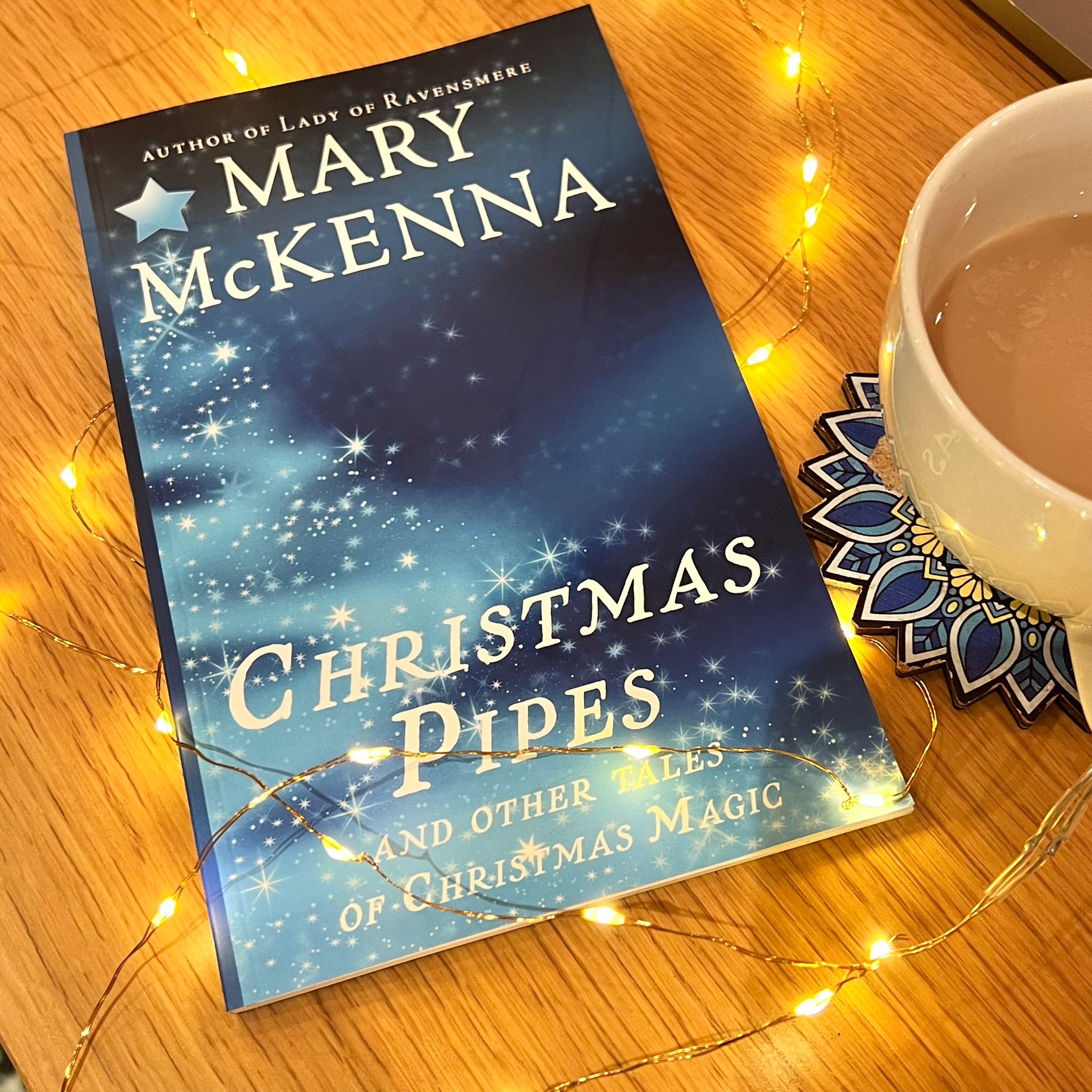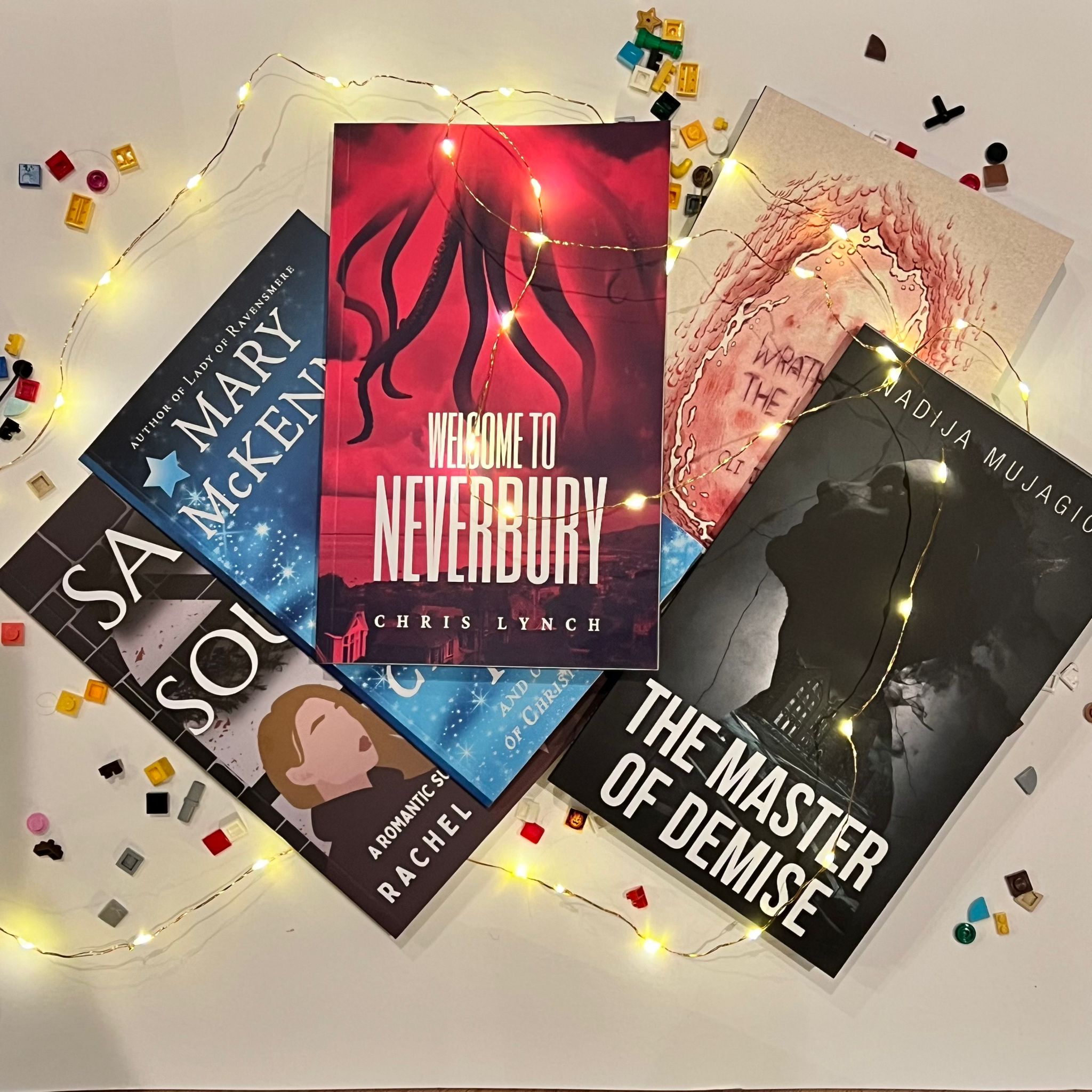Why is it Important to Support Indie Authors?
Here at Your Paper Quest, we pride ourselves on supporting indie authors, but why? Why is supporting indie authors so important? And what does it even mean to be an indie author? We hope to answer these questions and more in the coming paragraphs.
First and foremost, what is an indie author? There are quite a few distinctions within the writing world that we want to help clarify.
We have traditionally published authors, these are authors who are working with and are being supported by large publishing houses such as Penguin Random House or Hachette for example. Traditional publishing houses typically provide help with all aspects of the book, from editors, and cover designers, to marketing, allowing for the author to focus almost exclusively on the story itself. That being said, they do have their cons as well, a lot of the time authors will only have a limited element of creative control for their story. There is also a lot of red tape and moving pieces throughout the process which can lead to taking years for these authors to see their books on shelves in bookstores. Traditional publishing is also incredibly competitive and can often feel beyond demoralizing, where potential authors feel the need to write a story that they think the publishing house would like rather than their audience or even themselves. Finally, all of this help from the publishing house comes at a steep price, with authors typically making on average about 10% in royalties from their publisher per book sold.

After traditional publishing, we have independent (indie) and then self-publishing. These are the three major types of publishing we see today. A key distinction that we want to emphasize is that all self-publishing is inherently indie, but not all indie publishing is inherently self-published. Let us explain why. Indie publishing is more niche than traditional publishing, typically having a more specific genre for author focus. They’ll still have their teams of editors, marketers, and artists, but it will be on a much smaller scale, oftentimes working to support local bookstores rather than large corporate chains. Indie publishers also tend to have their own causes that they support and are, in general, a much more grassroots operation.
Our focus here at Your Paper Quest is on Self-Publishing, the final piece in the publishing puzzle. To self-publish is to enter the gauntlet of publishing entirely on your own. You have to be your own editor, you have to figure out your cover art, your marketing, everything. You not only have to create your own story, but you essentially also have to create your own brand. It’s a daunting endeavor but a possible one, and that’s where we come in. At no point will we ever be able to replace your marketing, but our goal is to help you supplement it.

Reading and supporting both independent and self-published authors is one of the many ways to support the overall indie movement and community. They are two different paths towards the same goal. Ultimately we want to support indie authors, and our focus on self-published authors is OUR path towards doing so, but ANYTHING indie, regardless of the size of the indie publisher or their specific niche, is helping the overall indie community. This all being said, why is it so important to support indie authors and the community in general?
Variety is the spice of life, and unfortunately, the big publishing houses have begun to take that spice away from us. Historically speaking, the publishing industry has been completely dominated by ‘The Big 5’. The Big 5 consists of: Penguin Random House, HarperCollins, Simon & Schuster, Hachette, and MacMillan. These almost consolidated even further to ‘The Big 4’ following a potential merger between Penguin Random House and Simon & Schuster that was scrapped in November of 2022. Some of these publishing houses have been prominent since the 1800s which puts us in a peculiar situation. These five companies, almost four companies, have essentially shaped and helped dictate human thought for over 200 years now. This is why promoting indie authors is so important, in whatever capacity one can, because without them we would fall under the continued hegemony of these few companies.
Individualism and freedom of thought are so important, especially in the reading space. It’s well known that traditional publishing houses have a specific formula that works, and have little incentive to diversify their portfolios to introduce new types of stories and authors alike into their space. To them, there’s no reason to risk the additional resources when they can stick to their tried and true methods. This further exasperates the already overly-competitive and occasionally predatory industry that publishing has become over the years.
To wrap this all up, supporting indie means supporting creativity, it means supporting individuals, it means supporting the little guys. In a world where it feels like we’re being suffocated by big corporations, it’s a breath of fresh air to believe in and root for the little guy.
That’s what we’re doing, and that’s what you’re doing when you support us.


